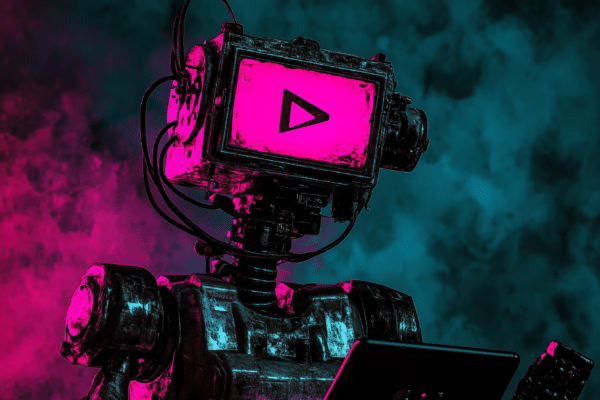In an increasingly digitalized world, the protection of intellectual property is very important for both authors and companies. Faced with the constant threat of online piracy, sophisticated legal and technological strategies are evolving that aim to protect copyright, combat the illegal distribution of digital content and stay abreast of the latest legislation through the use of artificial intelligence (AI) alone.
Example prompt: "ChatGPT, take on the role of an intellectual property expert. Describe the legal strategies and tools used to protect copyright in the digital age to address the challenges of online piracy."
This prompt illustrates how professionals can use AI to obtain specific and up-to-date information on copyright protection to ensure that said strategies are compliant with the latest laws and regulations.
Copyright protection
With just a few lines of instructions, ChatGPT provides all relevant information about copyright law, including, for example, the international legal framework, such as the Digital Millennium Copyright Act (DMCA) in the United States and the Copyright Directive in the Digital Single Market in Europe, which provide a basis for legal action against piracy.
In addition, the OpenAI application is used to present examples of DRM technologies - Digital Rights Management System, a method that restricts certain freedoms in the use of published works in digital formats - that are used to control access and distribution of digital works and that make it possible to restrict unauthorized copying. Platforms such as Netflix and Spotify use DRM to prevent unauthorized access and distribution of copyrighted content.
By providing this information, the lawyer can prepare a good defense or a well-crafted document, which saves him a lot of work and allows him to work with the information he needs without having to read all the legislation and the latest amendments one by one, as the AI provides an updated summary with all the regulations.






